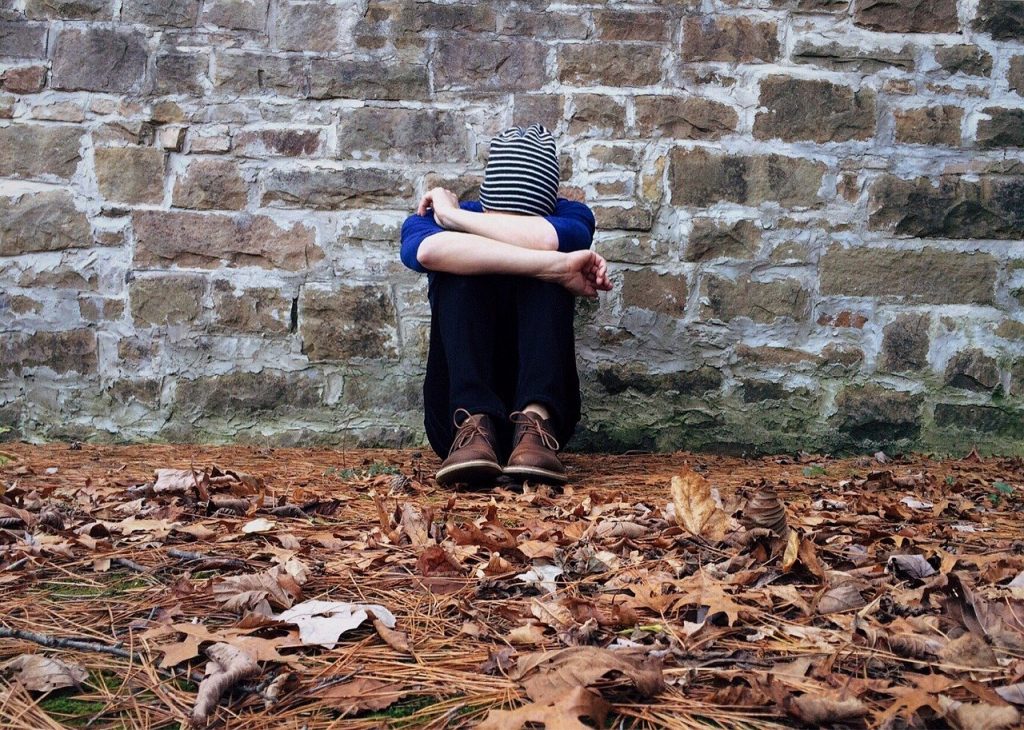Depression is very common these days, folks, more so than you may even think. The World Health Organization says over 264 million people worldwide are affected, and that this condition is also the top cause of disability around the world (https://www.who.int/news-room/fact-sheets/detail/depression).
But it gets even worse when you consider that while depression is treatable, many experts believe that around half of the cases are never diagnosed or addressed. Of course, being sad in certain situations–such as a loss of a loved one–is normal and just a part of the human experience. Known as situational sadness, you can still work with counselors or therapists to get through these tough life periods.
Clinical depression, on the other hand, is more serious than the typical situation sadness we all experience at one point–while clinical depression can certainly be triggered by a sad event, too, it then gets out of proportion when compared to the situation and goes on for longer than is appropriate, affecting your emotional and even possibly your physical health and well being. This type of depression tends to warrant other forms of treatment alongside therapy and counseling, and there is evidence depression can stem from or be made worse by deficiencies in vitamins such as folate, B12 or D or low thyroid hormone levels.
Keep in mind that depression is not just limited to adults, as it’s been increasingly seen in younger people, possibly due to the social isolation caused by heavy phone use. If you have teens or younger children in your life, try to make sure they are engaged in social opportunities such as community groups, clubs or sports.
While there’s no immediate way to determine if you are depressed on your own, you can take a closer look at your life to see if you are experiencing any of the regular signs of depression. These include a sullen mood, feelings of anxiety, guilt or hopelessness, loss of interest in things you used to really enjoy, change in sleep pattern and/or appetite, trouble concentrating and a lack of energy.
If you notice any of the common signs of depression in yourself or a loved one, one place to start is by talking with a therapist. There are many different treatments for this condition available, including different types of therapy and medicines, and no one should have to suffer alone when there is help available.




